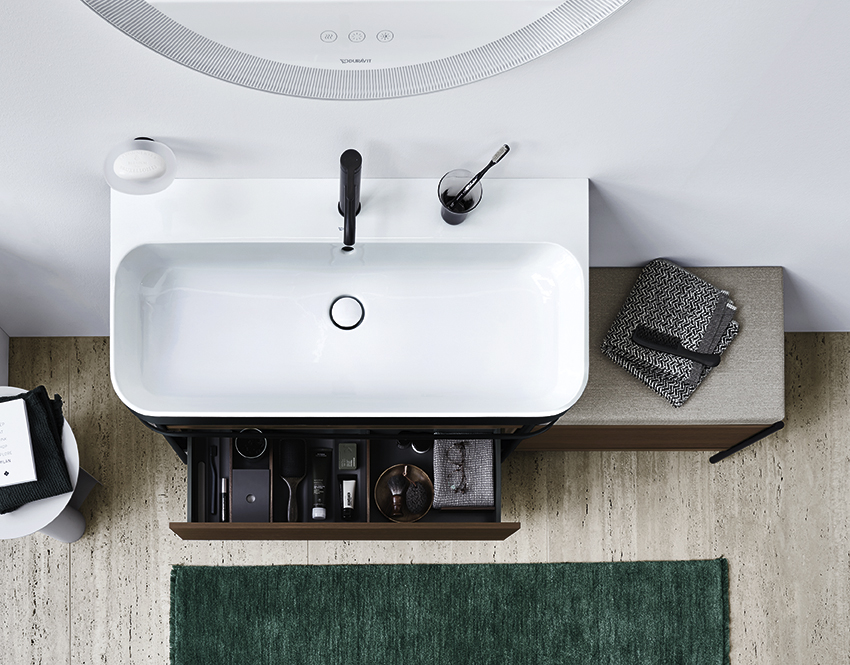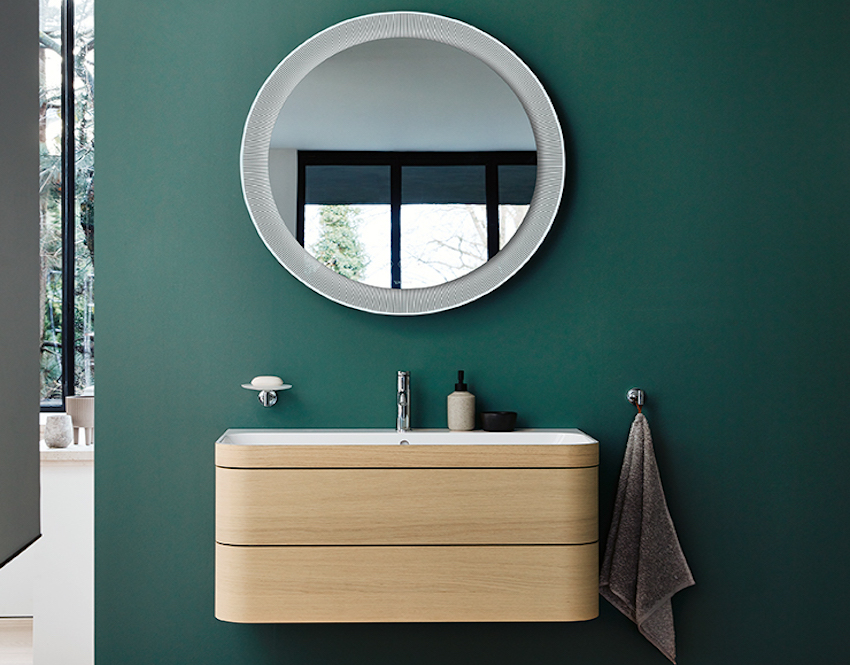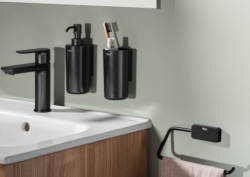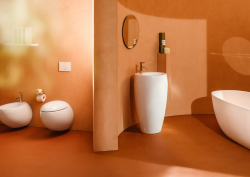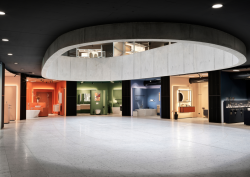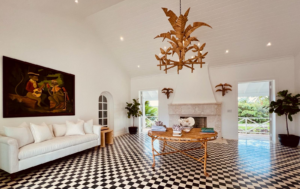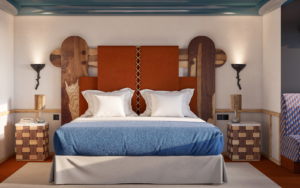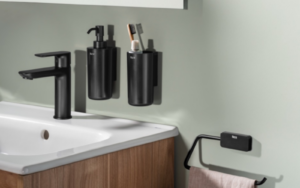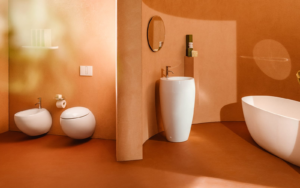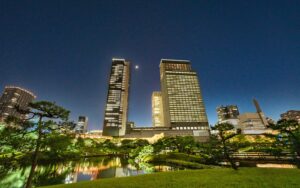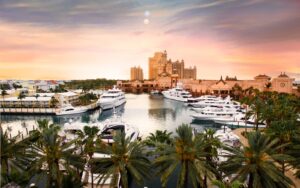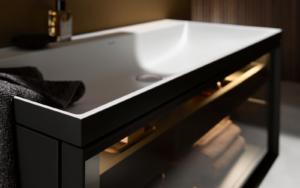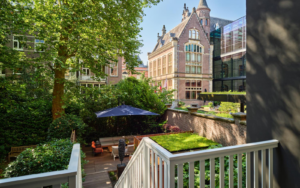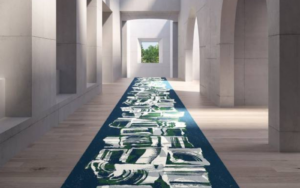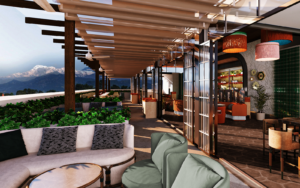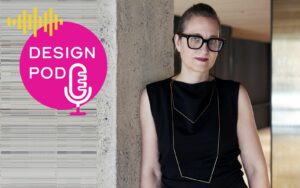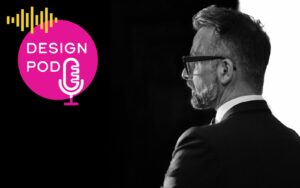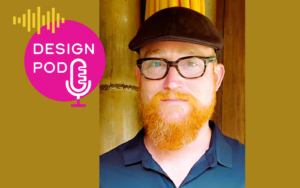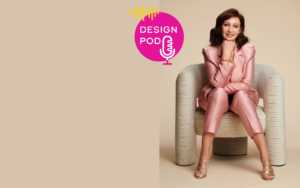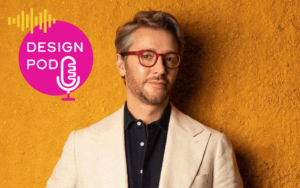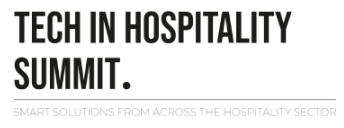Bathroom brand Duravit is “in the process of questioning old certainties and investing in finding and implementing new ways of achieving a sustainable future…”
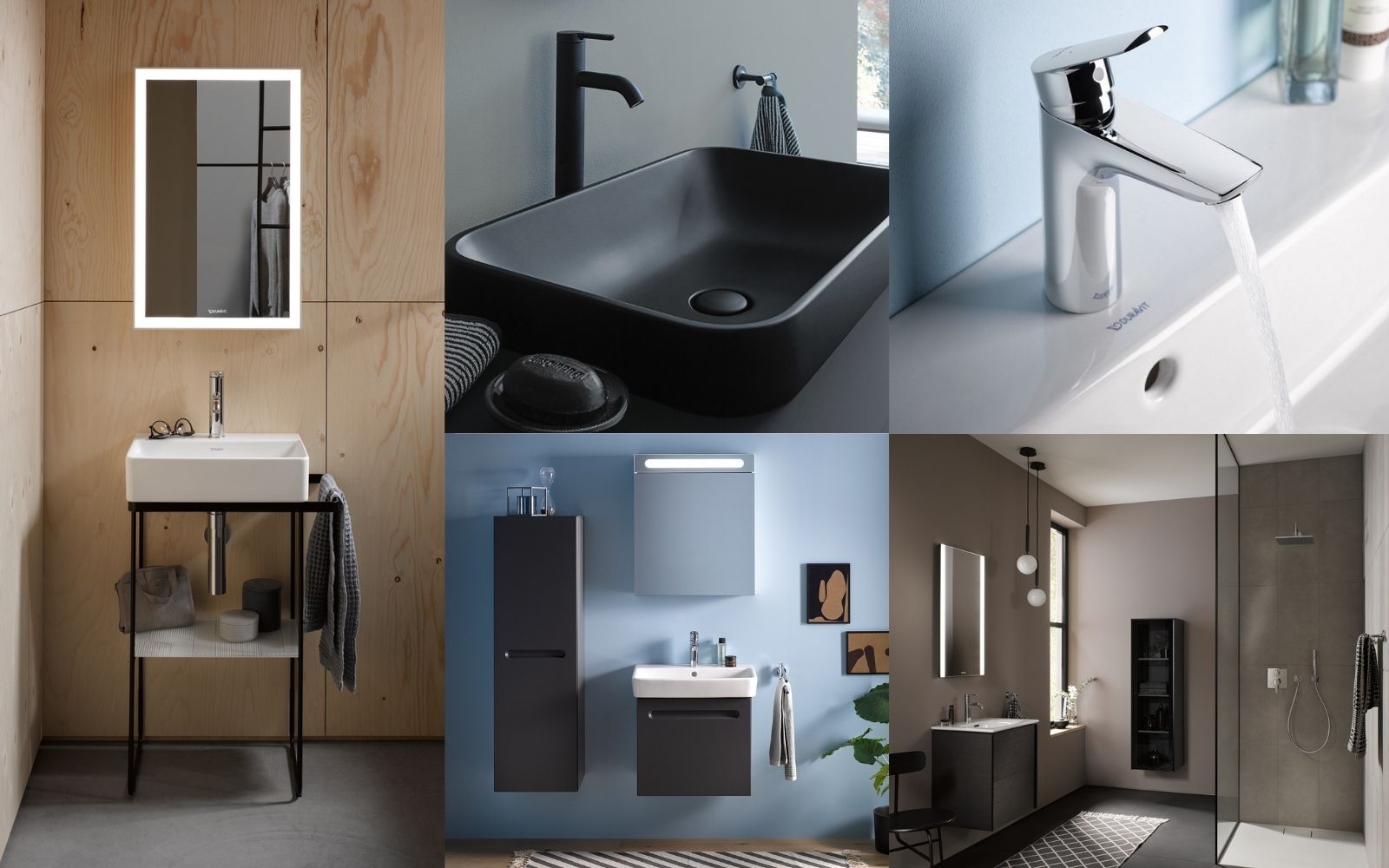
The ceramic manufacturer and bathroom brand Duravit has embarked on an ambitious and far-reaching climate mission. The goal: to be an exclusively climate-neutral business around the world by 2045.
As a company Duravit has deep regional roots but is also a global player and feels a special sense of obligation to the concept of sustainability: “I believe that society as a whole shares responsibility when it comes to sustainability, for me that explicitly includes companies such as Duravit,” said Duravit CEO Stephan Tahy. The family- run company from the Black Forest, operates in more than 130 countries, aspires to use CO2 offsetting as little as possible.
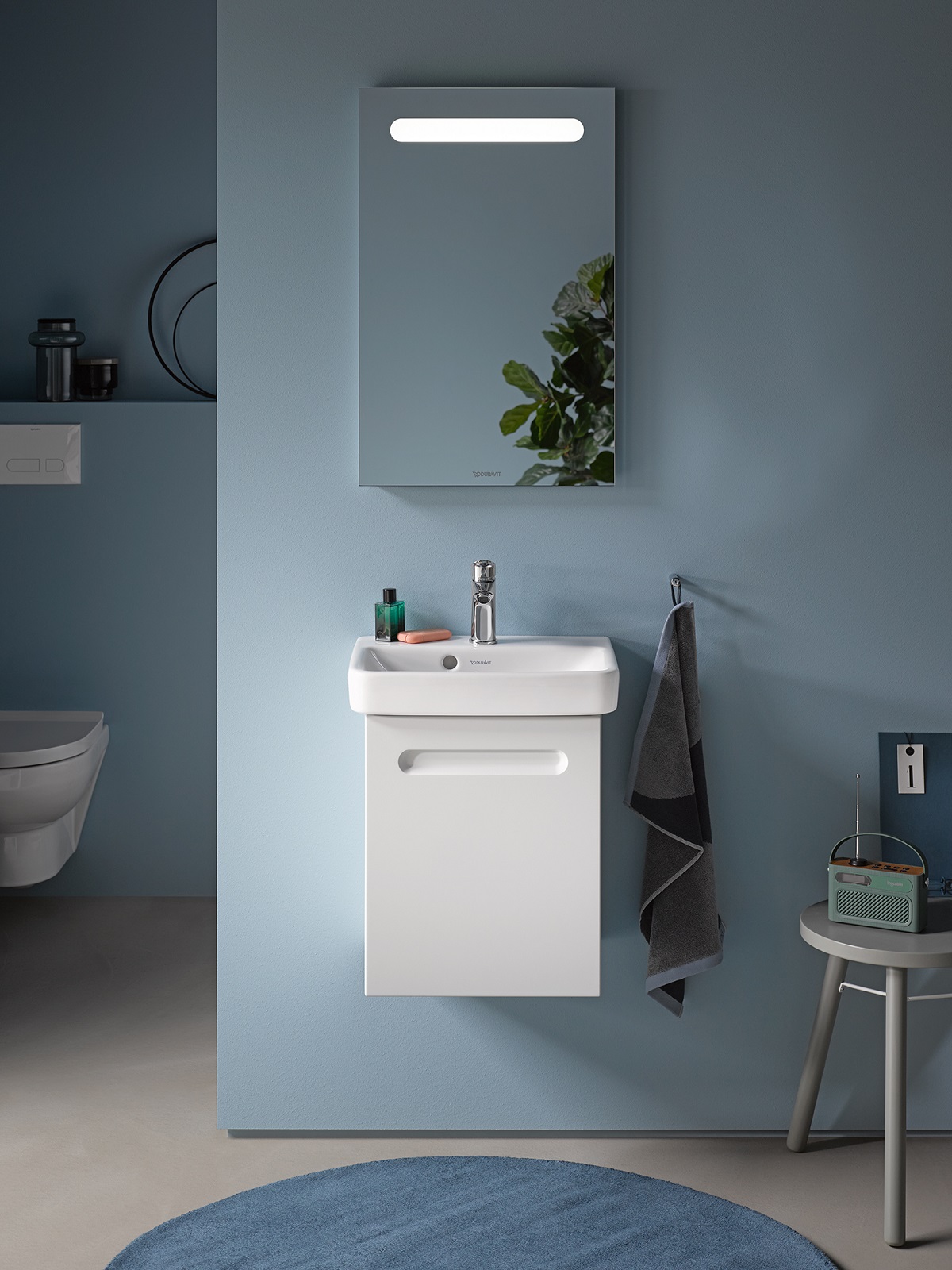
Image credit: Duravit
The company is constantly seeking ways to reduce both its consumption of resources, raw materials, and its emissions as far as possible. As part of the comprehensive package of measures, the manufacturing facility in Hornberg already uses electricity generated exclusively from renewable energies. Solutions, some of which were developed in-house, continue to reduce energy and resource requirements in the production process, waste heat is reused consistently, and water is treated. PEFC-certified furniture production that adheres to principles of sustainable forestry as well as ‘local for locals’ production methods that ensure shorter transport routes are further key aspects of the portfolio of measures.
Because Duravit, a company with a rich history, wants to go even further, the management board has joined forces with a leading business consultancy in the sustainability arena to develop the capabilities to achieve climate neutrality. After all, there is much to commend ceramic from a sustainability perspective: the material is made from natural raw materials, is renowned for its particular robustness, and has been used for millennia.
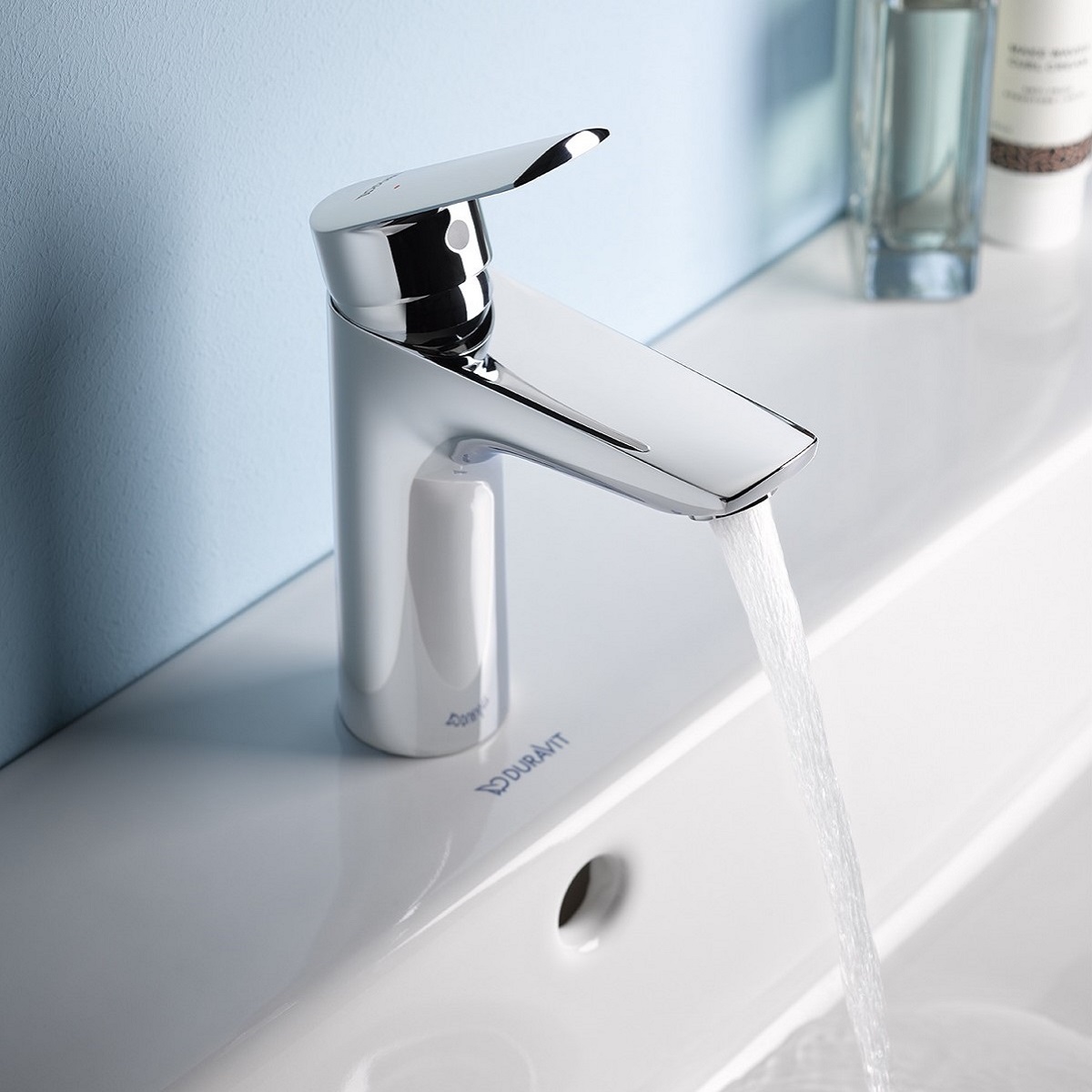
Image credit: Duravit
Yet the challenges that the company faces are significant. Tahy is all too aware of this: “The heart of our operations – ceramic production – is a very energy-intensive business. And even though we have a long road ahead of us, we want to achieve our climate mission – not only for ourselves, but above all for future generations.” A disruptive transformation in ceramic production is needed if Duravit is to realise its ambitious climate objectives.
A key milestone for the company is to reduce CO2 by 20 per cent by 2030 compared to 2019 levels. Duravit is determined to accomplish its mission. “We are in the process of questioning old certainties and investing in finding and implementing new ways of achieving a sustainable future,” underlined Tahy.
Potential measures are currently being reviewed and evaluated – including sourcing electricity from renewable energies around the world, combining oxygen and green hydrogen to reduce emissions, as well as powering electric kilns with green electricity. As Tahy explained: “At the present time, the move away from fossil fuels isn’t just an ecological concern, but also a conscious political decision. To quote the German Finance Minister: ‘Renewable energies free us from dependencies. Renewable energies are thus energies of freedom’”. Additionally, Duravit is assessing how it can increase its use of recycled materials and is commissioning studies on binding CO2 emissions locally – just a small part of the sustainability package that Duravit is constantly reviewing and expanding.
The climate mission is a component of Duravit’s overarching sustainability strategy, which is aligned with the UN’s Sustainable Development Goals. Alongside the measures relevant to climate change, the core of the strategy is made up of the action areas ‘water’, ‘resources’, and ‘people’. Duravit reviews the effectiveness of the measures initiated and adapts, expands, and enhances them wherever expedient. “It’s important that we exemplify a culture of learning in which mistakes can be made. And we are learning how to improve so we can achieve our goals. Teamwork is the key factor here,” said Tahy. The Duravit CEO has no doubts that ceramic – a sustainable material that has proved its worth over millennia – has a place in a climate-neutral future, too.
Duravit is one of our Recommended Suppliers and regularly features in our Supplier News section of the website. If you are interested in becoming one of our Recommended Suppliers, please email Katy Phillips.
Main image credit: Duravit

